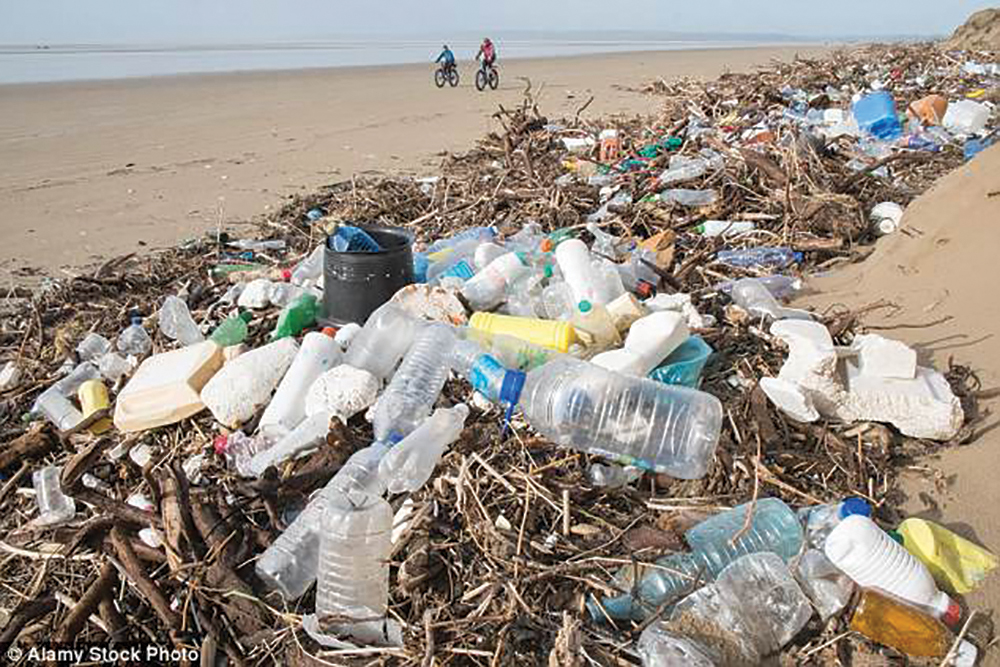The climate has changed. You don’t need to be Nostradamus to predict that this will continue because humans are so invasive. When I was growing up everything in terms of garbage outside of major centres was taken down to “the landwash.”
We thought the ocean could handle anything. Similarly, we thought the atmosphere could do the same thing and likewise the soil. We thought it was all without limit and we were wrong.
Windier than ever
Different people will tell you different things they notice down through the years about the climate. I don’t mean the weather because occasionally, something odd will happen like a flurry in June. I mean the climate; a fundamental change in the way things are. For me it is the wind. It is windier than it used to be. That is true in the winter and in the summer. The very nature of the seasons and their start and finish has also changed. Spring comes later than it used to and summer stays with us deep into October.
For us living in Newfoundland and Labrador it is not necessarily an unpleasant change unless you are in the ski business. It is a reminder to us all though that things are changing all over and the world is getting warmer.
That is good news in the short term for some people, but it is bad news for a whole lot of people. There are parts of the world, already hot areas, that will become essentially uninhabitable because of climate. Crops will fail and people will be on the move. They won’t be able to live there anymore. Food shortages will drive them in new directions. We are seeing that already and the result is not just change. It is upheaval.
The world is changing
Last week I read a fascinating article about how the world is changing. Twenty-three researchers from a scientific journal called Progress in Physical Geography argued the topic of exactly when did the world reach the point where human influence over our physical environment overtook natural processes as being the main cause of change.
In other words when did car engines, enormous factories, carbon pollution, plastics and all the rest become the dominant agent of change rather than natural events? The conclusion of the scientists was that it was in 1950 that Mother Earth turned that particular corner. The event even has a name. It is the Anthropocene and soon scientists will attempt to formally make the event part of the geological timeline.
I love to tell a story about a deserted rocky beach on the Burin Peninsula. The thing that stands out on this remote beach is… plastic. Bottles, beer sleeves, old shot gun shells, and styrofoam packaging from every product ever sold. It does not go away. All of that is related to change. The old plastic bleach bottle on that beach will still be there a hundred years from now.
The smoke and the garbage and the chemicals are all part of why the wind blows harder in this little part of the world and it is all troubling.
NTV’s Jim Furlong can be reached by emailing: [email protected]
